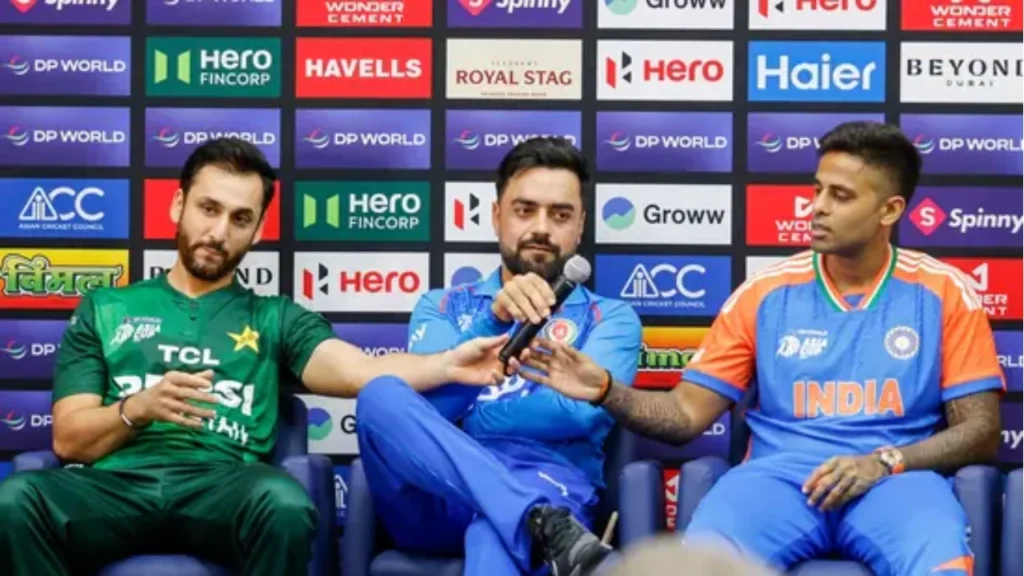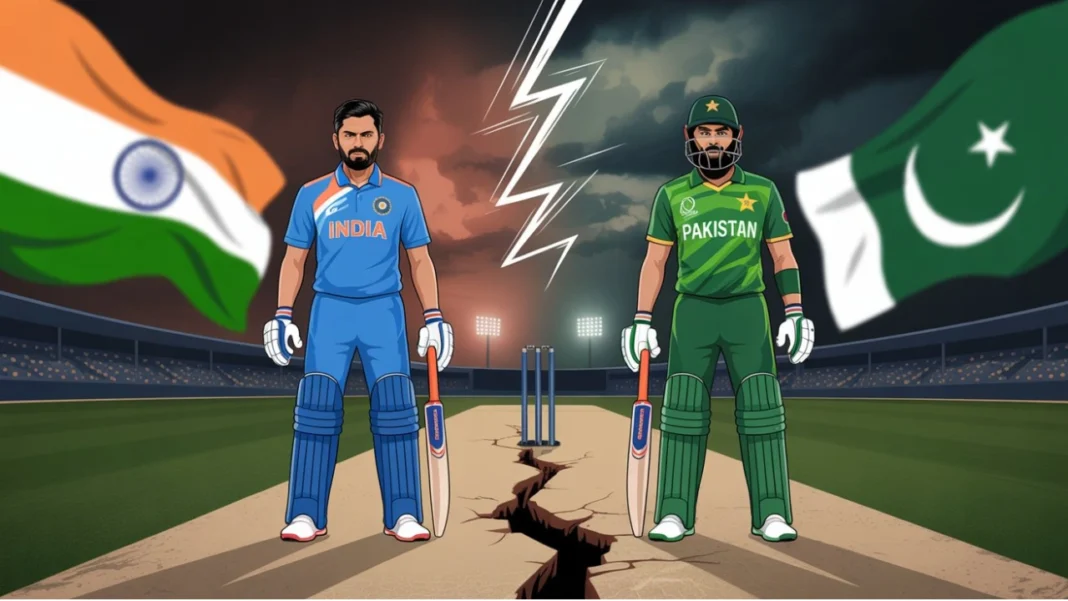The announcement of an India-Pakistan clash in any cricket tournament sends a tremor of excitement through the sporting world. But for the upcoming Asia Cup showdown on September 14th in Dubai, the prevailing sentiment among a significant section of Indian fans is not anticipation, but anger. This isn’t just a debate playing out on social media; it has reached the hallowed halls of the Supreme Court, crystallizing a fierce national conflict between sporting obligation and raw patriotic emotion.
A Plea to the Court: “Draconian and Prejudicial to the Nation”
The depth of the opposition was starkly revealed when a Public Interest Litigation (PIL) was filed in the Supreme Court of India, seeking the cancellation of the match. The plea did not mince words, accusing the Board of Control for Cricket in India (BCCI) of a grave misstep.
“The said sporting event… is draconian and prejudicial to the interests of the nation, the armed forces and common citizens,” the plea stated. It argued that the BCCI’s decision to “treat Pakistan sportingly as a friend” was a betrayal amid “the series of killings of soldiers and citizens being carried out by Pakistani terrorists in the Kashmir Valley.”
The Court, in a bench comprising Justices JK Maheshwari and Vijay Bishnoi, refused to even entertain the matter, dismissing it as “just a match.” This judicial stance highlights the immense complexity of the issue: where citizens see a matter of national security and respect, the law sees a sporting event.
The BCCI’s Tightrope: Policy, Precedent, and Penalties
Caught between public sentiment and practical reality, the BCCI’s position is dictated by a clear policy from the Indian government. As reiterated a month prior, India maintains a firm ban on bilateral sports with Pakistan. However, the government’s statement explicitly greenlights participation in international and multilateral events, guided by “the practices of international sports bodies and the interest of our own sportspersons.”
For the BCCI, refusing to play in an ACC-sanctioned Asia Cup match is not an option. It would be a breach of contract, inviting severe financial penalties, potential points deduction, and even suspension from international cricket. Their decision is not one of friendship, but of bureaucratic and contractual necessity—a nuance often lost in the heated public discourse.
The Fan’s Anguish: When History Trumps History Books
The official explanations do little to quell the fury of many fans. For them, the statistical dominance of the Indian team—a staggering record that includes 15 wins in 16 World Cup matches and a 10-6 lead in Asia Cup history—is irrelevant.
Their opposition is rooted in a more recent and painful history: the memory of terrorist attacks and the lives of soldiers lost. To them, sharing a cricket field with Pakistan symbolizes a normalization of relations they believe is undeserved. Hashtags like #BoycottIndVsPak trend not as a critique of the sport, but as a powerful statement of solidarity with the armed forces and a protest against cross-border terrorism. The sentiment is a powerful, “How can we cheer when our martyrs cannot?”
The Player’s Burden: Professionals in a Political Arena

Amid this firestorm, the players are the designated gladiators. The Indian squad, led by Suryakumar Yadav and featuring stars like Jasprit Bumrah and Shubman Gill, are professionals preparing for the biggest rivalry in cricket. They carry the weight of historical dominance and the expectation to extend it.
Yet, they must also block out the deafening political noise. They cannot acknowledge the boycott calls or engage with the geopolitical tension; their focus must remain solely on the game. This creates an incredible psychological burden, transforming a sporting contest into a high-pressure performance on a stage charged with national emotion.
Conclusion: A Divide No Boundary Can Contain
The India-Pakistan Asia Cup fixture is a microcosm of a larger, unresolved conflict. It pits the cold, hard logic of international sports governance and official policy against the warm, fierce, and entirely valid emotions of a people shaped by trauma and conflict.
The Supreme Court saw a game. The BCCI sees an obligation. The fans see a principle.
There is no right or easy answer. This match will be played, as it must be under the current rules. But the passionate dissent from a section of Indian society is a crucial reminder that for many, cricket is never just a game. It is deeply intertwined with national identity, and for that identity to wholeheartedly embrace this rivalry, the pitch must first be cleared of more than just its cricketing obstacles.



